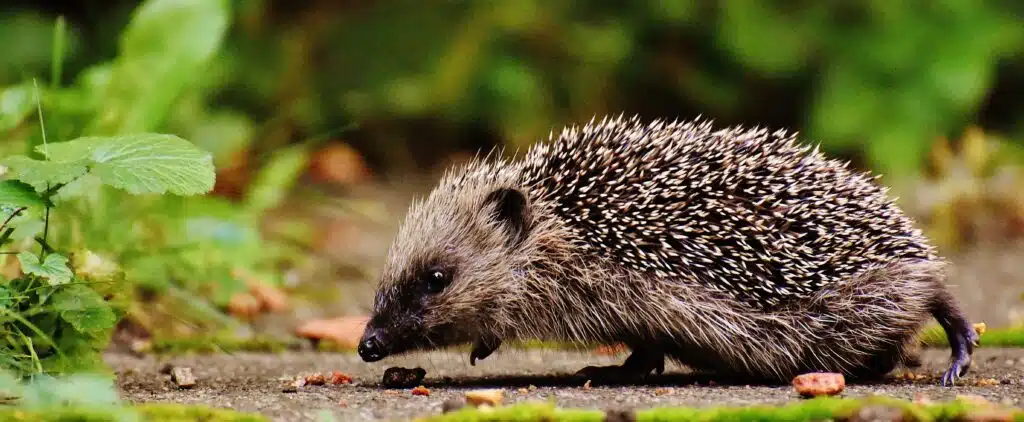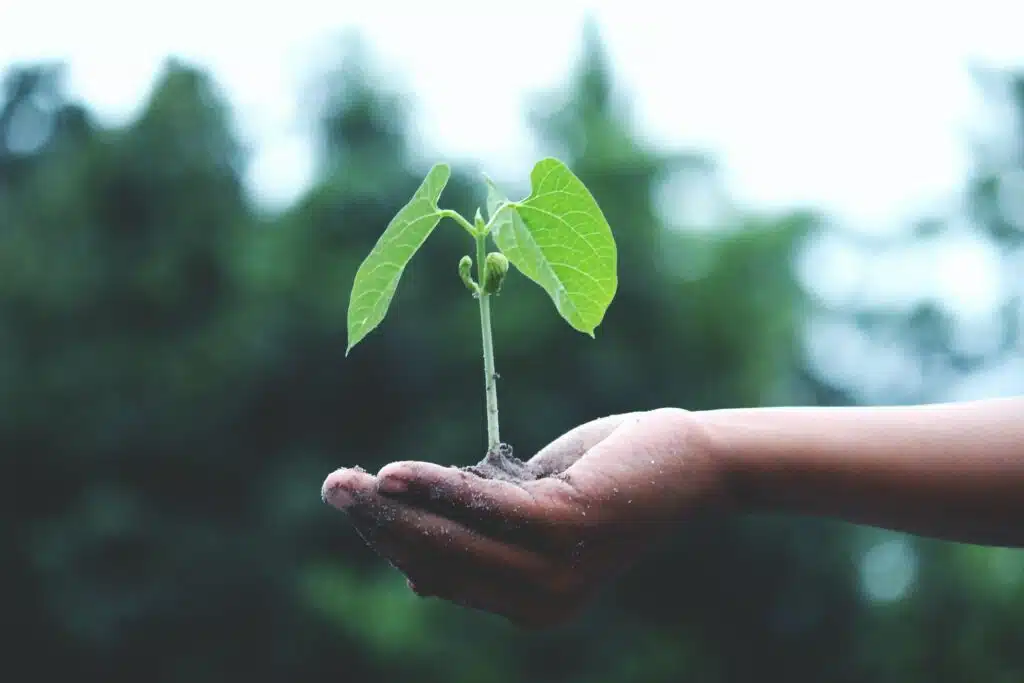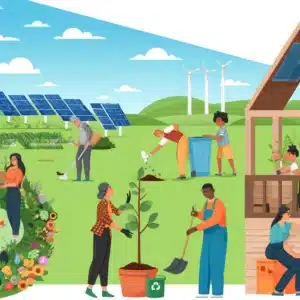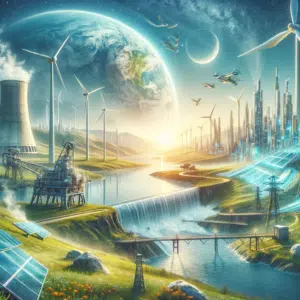Ecology is a term that has been thrown around a lot lately. It is a concept that has been growing in importance as the world becomes more aware of the environmental problems that it faces. Ecology refers to the study of the relationships between organisms and their environment. This includes not just the physical environment but also the social, cultural, and economic factors that influence the natural world.

Understanding Ecology
There are many reasons why ecology is so important. For one, it helps us understand the complex interactions between living organisms and their surroundings. This knowledge can be used to design better conservation strategies, improve agricultural practices, and reduce the impact of climate change.
At its core, ecology is about understanding the natural world and how it works. This includes everything from the smallest microbes to the largest ecosystems. By studying ecology, we can learn how different organisms interact with each other and with their environment. We can also learn how to conserve and protect these ecosystems for future generations.
One of the most important concepts in ecology is the idea of sustainability. This refers to the ability of an ecosystem to maintain its balance over time. This is crucial because ecosystems are complex and delicate, and even small disturbances can have far-reaching consequences. By focusing on sustainability, we can ensure that ecosystems remain healthy and functioning for generations to come.
Impacts on Ecology
Another important aspect of ecology is the impact of human activities on the environment. For example, deforestation, pollution, and climate change are all major threats to ecosystems around the world. By understanding these threats, we can work to reduce our impact on the environment and promote sustainable practices.
One way to do this is through the use of renewable energy sources. By transitioning away from fossil fuels and towards cleaner sources of energy, we can reduce our carbon footprint and help mitigate the effects of climate change. Other ways to promote sustainability include reducing waste, conserving water, and supporting sustainable agriculture.
In conclusion, ecology is a crucial field of study that helps us understand the complex interactions between living organisms and their environment. By studying ecology, we can learn how to conserve and protect the natural world for future generations. This is important not just for the sake of the environment but for our own well-being as well. By promoting sustainability and reducing our impact on the environment, we can ensure a healthier, more prosperous future for all.











